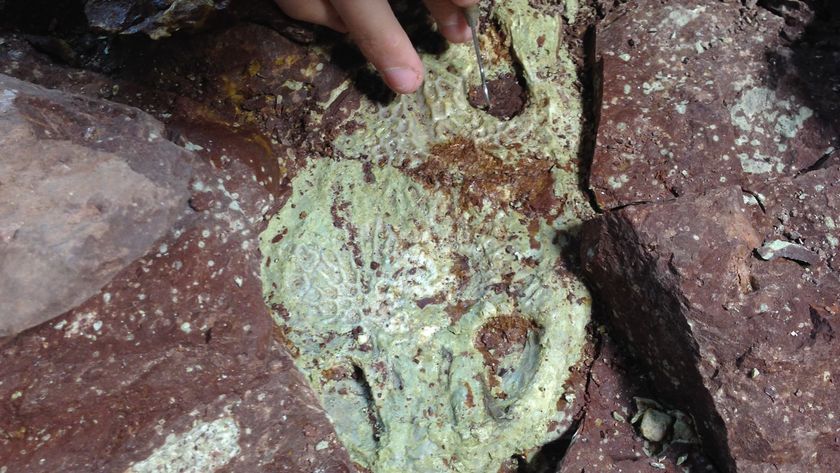Acid Rain Likely Stunts U.S. Tree Growth
A new study of soil collected before industry created acid rain suggests trees in the United States and elsewhere are likely stunted by the polluted ground.
Researches compared tree growth across decades in Russia to changes in soil conditions.
"By providing the only preserved soil in the world collected before the acid rain era, the Russians helped our international team track tree growth for the first time with changes in soil from acid rain," said Greg Lawrence, a U.S. Geological Survey scientist who headed the effort.
The study, announced today, found that acid rain may have "serious implications for forest growth in the U.S., particularly in eastern areas such as the Adirondack and Catskill regions of New York."
"We've known that acid rain acidifies surface waters, but this is the first time we've been able to compare and track tree growth in forests that include soil changes due to acid rain," Lawrence said.
Despite decades of study, the effects of acid rain, including the extent to which it permeates soil and remains there, have not been properly figured out.
The new research found that in about 50 years, acid rain had severely degraded previously fertile soil near St. Petersburg to the point that spruce trees could no longer maintain healthy growth rates. Such sub-par growth is known to precede high mortality rates in the near future.
Sign up for the Live Science daily newsletter now
Get the world’s most fascinating discoveries delivered straight to your inbox.
The declining tree health occurred despite a warmer and wetter climate in the region, which should have improved growth, the study concluded.
The findings will be detailed in the online version of the journal of Environmental, Science and Technology. Scientists at the State University of New York at Albany, the Swedish University of Agricultural Sciences, and the U.S. Forest Service contributed.
In the Adirondack and Catskill regions of New York, soil is likely to be more sensitive to acid rain than the area of the Russian study, the scientists report.










